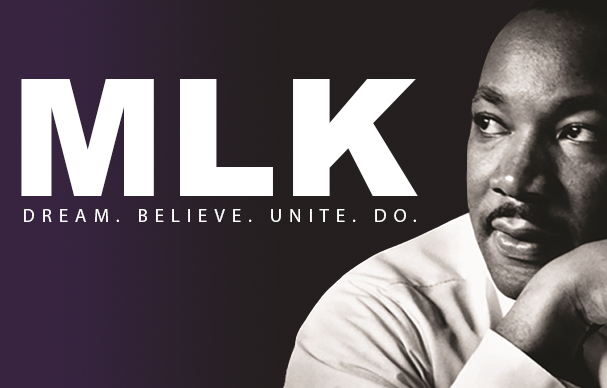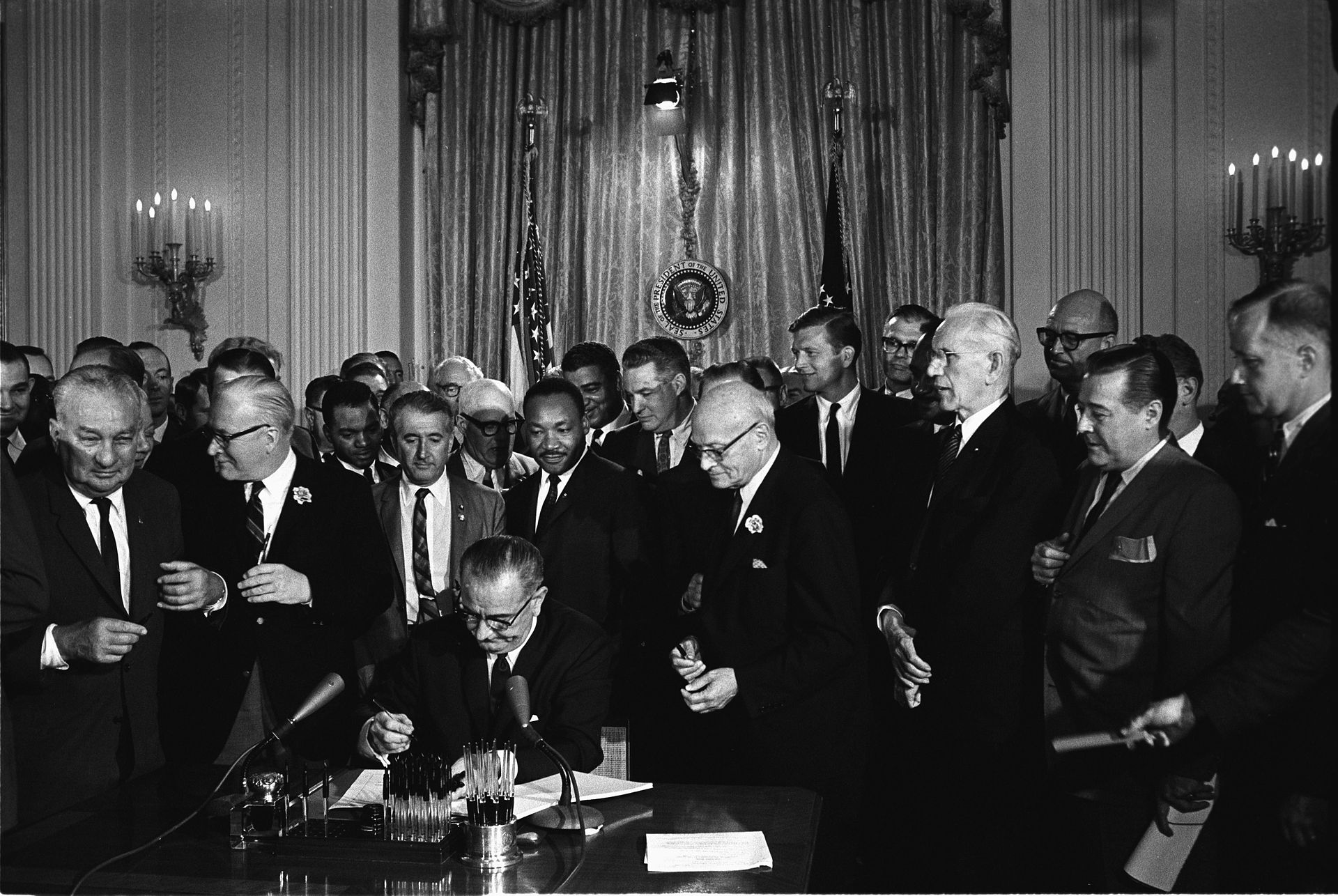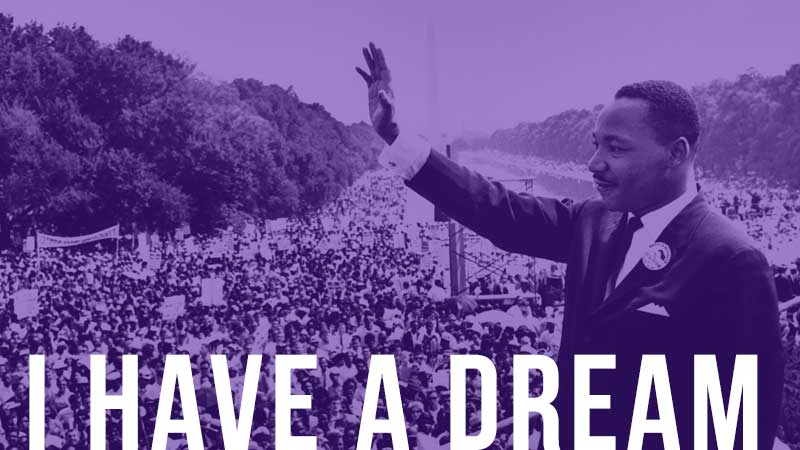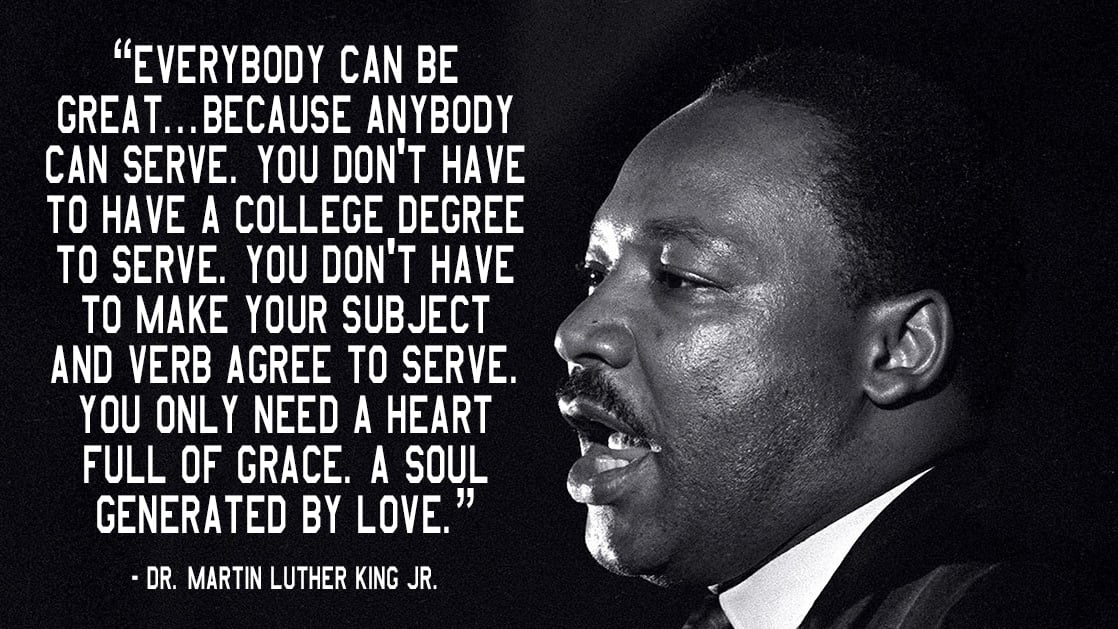
On Monday, January 20, 2020, Americans will celebrate Martin Luther King (MLK) Day. The federal holiday, commemorated annually on the third Monday of January, serves multiple purposes. It honors the life and legacy of the activist who led the fight for racial equality, brings focus on current civil rights issues, highlights the power of using nonviolence to bring about social reform, and inspires young people to consider joining public service.
MLK was born in Atlanta, Georgia, on January 15, 1929, a time when racial segregation was a way of life in the southern states. He first became aware of the practice at age six when his best friend, who happened to be white, was sent to a different elementary school than the one MLK attended. As he grew older, MLK realized that black and white people led disparate lives – they ate at different restaurants, went to different schools, and even sat in separate areas when traveling on buses and trains.

It was not until the summer of 1944, when he went to work in the tobacco fields in Hartford, Connecticut, that MLK realize that things were different in the northern states. In a letter to his father, the surprised 15-year-old said, "After we passed Washington, there was no discrimination at all. The white people here are very nice. We go to any place we want to and sit anywhere we want to.” Though it took a few years before MLK's quest to bring about equality for all began, the seed had been planted.
In 1954, MLK, now an ordained minister, had the choice to become the pastor of a church in Montgomery, Alabama, where racial discrimination was prevalent, or to accept a similar position in the more progressive states of New York or Massachusetts. Fortunately for Americans, MLK, and his wife Coretta Scott King, chose Alabama. As head of the church, MLK tried to persuade his largely black congregation to register to vote and join the NAACP, the nation's oldest and largest civil rights organization.
However, his active quest for racial equality did not begin until December 1955, when civil rights activist Rosa Parks was arrested for refusing to vacate her bus seat for a white passenger. Angry at the injustice, MLK led the charge to convince the city's African American residents to boycott public buses and trains. Despite having no other mode of transport to get to work, the locals stepped up to the challenge – not for a day or month, but an entire year! As news of the protest spread, African American residents from other southern states joined in, resulting in the first-ever concerted effort to fight racial discrimination. Their sacrifice did not go in vain. In 1956, the US Supreme Court ruled segregation on public transportation illegal.

Eager to bring about further reform, MLK began traveling the country to encourage Americans to protest against the various injustices that still prevailed by staging peaceful sit-ins, boycotts, and marches. The activist soon became known for his inspiring speeches, the most memorable one of which was delivered in 1963.
The events leading to the oft-quoted 'I Have A Dream' address began in June 1963, when President John F. Kennedy asked the US Congress to approve a bill giving all Americans equal access to public places. To try to persuade government officials to sign it into law, civil rights leaders encouraged Americans to stage a peaceful rally in Washington, DC. Over 200,000 residents from across the country heeded their call and arrived at the capital on August 28th, 1963, to participate in what later became known as the March on Washington. It was here that MLK, standing on the steps of the Lincoln Memorial, talked about his dream of living in a country where everyone was treated equally.

The Civil Rights Act, passed on July 2, 1964, was the first significant victory in the activist’s mission to achieve equality for all Americans. The August 6, 1965 approval of the Voting Rights Act of 1965, which allows African Americans to cast votes, was another step in the right direction. The 1968 Fair Housing Act, which prohibits discrimination in the sale, rental, or financing of property, signed into law on April 11, 1968, sealed the deal. Unfortunately, MLK, who was assassinated in Memphis, Tennessee, on April 4, 1968, did not experience life in a segregation-free America.
Today, thanks to the clergyman-turned-activist's courage and efforts, all Americans, regardless of race, color, religion, or national origin, can pursue their dreams. It is now up to all of us, both young and old, to protect MLK's legacy for future generations by fighting against societal injustices and helping those in need. As you celebrate the holiday on Monday, January 20, be sure to reflect upon what you can do to make a difference and create your own legacy.
Happy Martin Luther King, Jr. Day!
Resources: constitutioncenter.org, wikipedia.org, History.com
